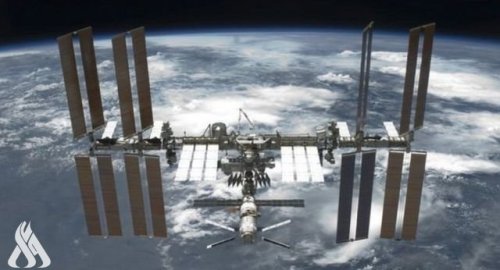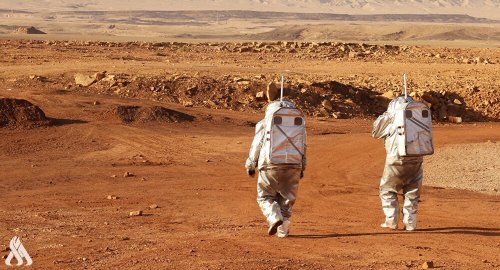
NASA report: Extending ISS to 2030 likely, but replacement needs to be planned

- 21-12-2021, 14:44
Pushing back the International Space Station’s retirement date is likely, but it won’t be cheap and more efforts need to be put into planning what comes next, according to a new report from NASA’s Office of the Inspector General.
Operating the ISS costs $3 billion per year. As the station gets older, maintenance costs are increasing. Upgrades and system maintenance rose 35% from fiscal year 2016 through 2020.
Moreover, there are concerns about cracks and leaks recently discovered in the tunnel that connects the Service Module to one of the station’s docking ports.
“Notably, based on the models NASA used to assess the structure, the cracks should not have occurred, suggesting the possibility of an earlier-than-projected obsolescence for at least one element of the station,” the report said.
The OIG report called for NASA to ensure that the risks from the cracks are found and mitigated before agreeing to extend the ISS’s life. NASA management partially agreed with the recommendation because it would not support waiting to push back the ISS’ retirement.
The report says having a low Earth-orbit station is important for deep space exploration. Microgravity experiments being conducted on the ISS are crucial to understanding the human health risks and technological needs for those missions. Even the current 2030 retirement date is not long enough to finish the research needed for the moon and Mars missions, the NASA report found.
“Consequently, a substantial gap between the station’s retirement and the introduction of a new, commercial destination in low Earth-orbit would force NASA to accept a higher level of health risk or delay start dates for long-duration, deep space human exploration missions,” the report said.
NASA is currently planning to have at least one commercial low Earth-orbit station operational by 2028, which would allow a two-year overlap before the 2030 ISS retirement date.
Getting that commercial space station up and running by 2028 will not be easy. The report identified challenges that included “limited market demand, inadequate funding, unreliable cost estimates, and still-evolving requirements".
Prime Minister inaugurates new Nineveh Governorate building
- politics
- 04:30
US Central Command: We killed ISIS terrorist leader Abu Yusuf in Syria
- International
- 24/12/20
Liverpool compete with Real Madrid to sign Olympique Lyonnais star
- Security
- 24/12/19
ISC, ADX discuss Strengthening Economic Ties
- Economy
- 24/12/16
Iraq assumes presidency of Arab Investment Company’s Executive Board
- Economy
- 24/12/17












